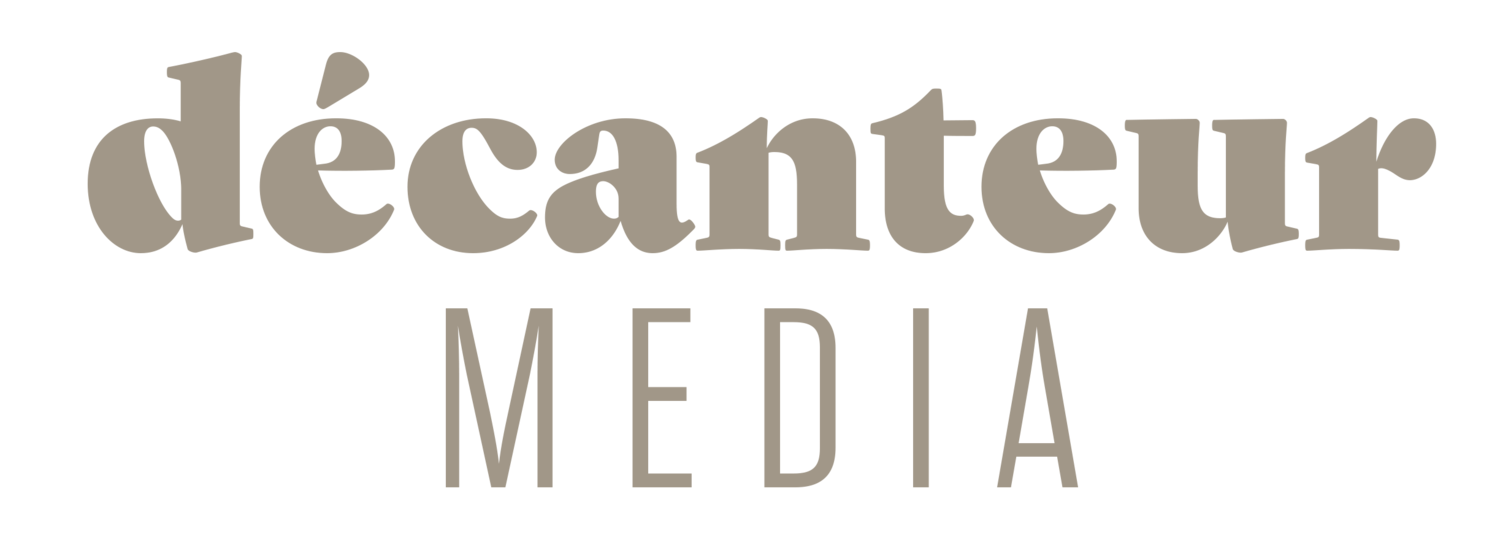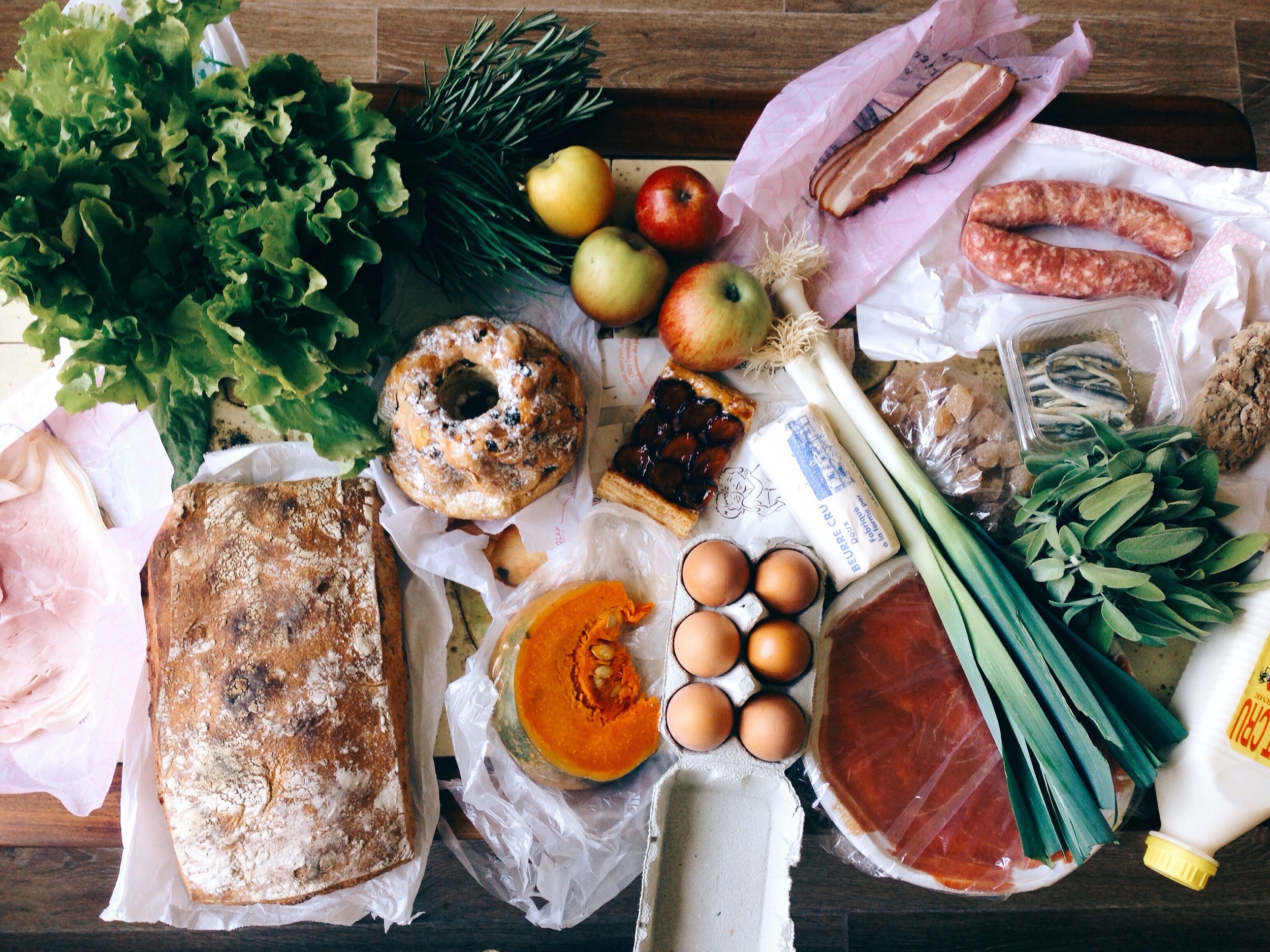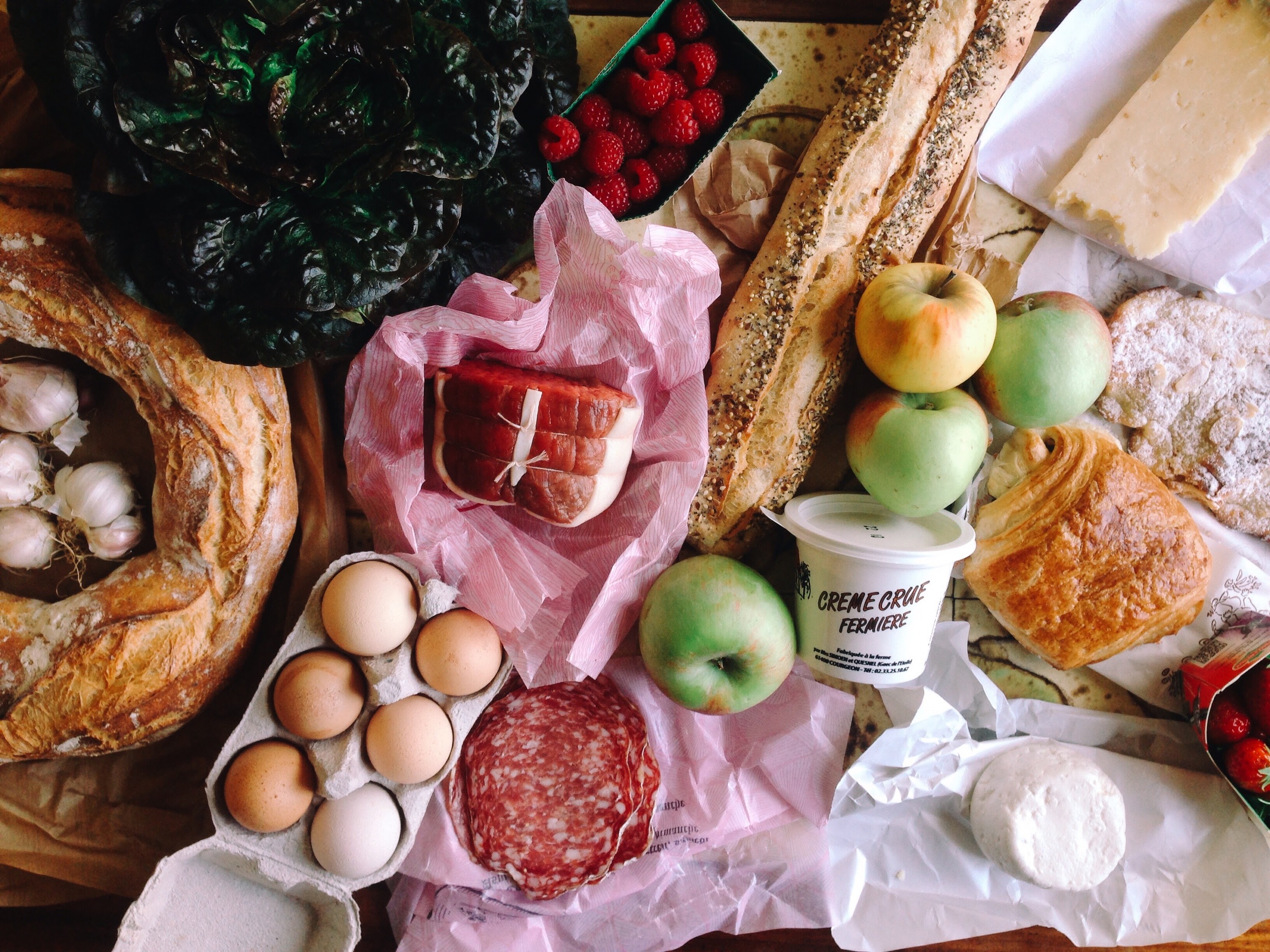Sunday is my favorite day of the week, because Sunday is market day. I roll out of bed, throw on jeans and my black Adidas, maneuver my bike into the elevator and start pedaling towards the Mairie d’Asnieres, where the covered market is held every Thursday and Sunday morning. As a foreigner living in Paris, I’ve discovered that developing routines and rhythms is the easiest way to carve out a home for myself here. In a place where I have absolutely no point of reference, creating my own habits is what anchors me. My market ritual is something sacred, my form of Sunday worship, and my week just doesn’t feel complete without it. The infatuation I have with the Sunday market is partly because of the beautiful bounty of French food. I crave the smells and sounds of the market - whole chickens roasting on spits outside under tents, the choucroute steaming in silver pans, a kaleidascope display of French cheeses in all shapes, sizes, and colors; huge chunks of ruby red beef being hacked into pieces by the butcher; whole rabbits stretched out on their backs, pig heads with gaping toothless mouths and empty eye sockets; chickens with limp necks and open beaks; bread stacked nearly to the ceiling; vegetables tumbling from tables, young men with stubble cutting apples and oranges and avocados to tempt customers into buying. The rush and crush of the market is exhilarating, the array of fantastic foods is mouth-watering, the juxtaposition of oddities and delights so intriguing you never want to look away. It is because of this market that I know I’m ruined for life when it comes to butter, fresh goat cheese, and terrines. I crave the raw milk, small farm eggs still plastered with little downy feathers, fresh cuts of meat and an endless variety of cheeses. I’ll never be able to find such a distinct collection of delicacies in the U.S. because they have long ago died out and been reborn as expensive, artisanal, pretentious expressions of their original selves. But the market holds such a special place in my heart for more than just the food - it’s also about the people. It’s a way for me to connect with a community in which I often feel an outsider, a way to give myself context and feel belonging. Over food, people connect in a way that is entirely unique and quickly intimate. I look forward to this feeling of connection, to seeing the people that have developed into something closer to a friend than a vendor. And the reason why the market facilitates this kind of bond is because, unlike a clerk or cashier, these people are deeply embedded in the food they are selling. The goat cheese man who always makes sure to ask me how I am and noticed as my accent smoothed out makes the fresh goat cheese with his own hands, and drives from his farm every weekend to sell it. The man who carves off slices of pumpkin for me and chooses the crispest apples has hands crusted in dirt from working in the field. The guy who sells me bread and loves to practice his English with me has flour on his face from a morning of baking. These are the people who care about food, and when you care too, a kind of closeness is born. The market is how I orient myself in a world that I often feel lost in. It’s how I carve out a sense of belonging, create a home in a foreign place, and connect with those who understand this place to its roots.
instantanés
Snapshots of my daily life in Paris. You know that saying about how the little things are what makes you happy, or some such variation of that? I have found it to be particularly relevant lately. From top to bottom: a Bordeaux as a candle holder in my room; the Asniéres-sur-Seine city hall; an impromptu flower market; duck confit searing in the pan; a cage of parakeets found near Notre Dame; baguette with caprese fillings; view from my French classroom window, Rue Poissonnière, 2nd arrondissement; hot chocolate and an almond croissant on a Sunday morning.
ragoût d'agneau
Exceptional food is just another one of the many reasons Paris is so adored, and this comes not just from a culture centered around cooking and eating, but from a cultural emphasis on quality of ingredients. Markets pop up every day of the week in every neighborhood, everything (even the processed breakfast cereal) proudly proclaims "fabriquée en France," they have some of the strictest regulations on chemical and antibiotic use in produce and meat, and they sell primarily seasonal ingredients. Even the biggest supermarket chains are stocked regularly with what many Americans would consider "exotic" ingredients: foie gras, chicken liver, pig's feet, duck breast, whole rabbit, squab, cow tongue, venison. And of course, lamb. After a day of braving the wind and rain in Paris, this stew warmed me from the inside out. The lamb literally melted off the bone, the broth was perfectly salty and satisfying, and the vegetables burst with flavor. Living cheap as a student on the outskirts of Paris, this was even better - the whole pot cost less than €10, and took less than 20 minutes of actual work in the kitchen.
Lamb Stew
{serves 4}
ingredients
3 tablespoons butter
2 large carrots, cubed
1 large onion, chopped
1 large zucchini, cubed
4 sprigs fresh thyme & 2 bay leaves, bundled
4 cloves garlic, roughly chopped
4 small-medium lamb chops
1 tablespoon flour
3-4 cups beef stock (depending on how much broth you want)
freshly ground black pepper
method
In a large pot, sautée onions, zucchini, carrots, and garlic in butter over medium heat until soft. Add flour and mix well. Add stock, lamb, herb bundle, and pepper. Bring to a boil, then set to simmer on low for at least 2 hours. Before serving, shred the meat off the bones (should melt off easily).





